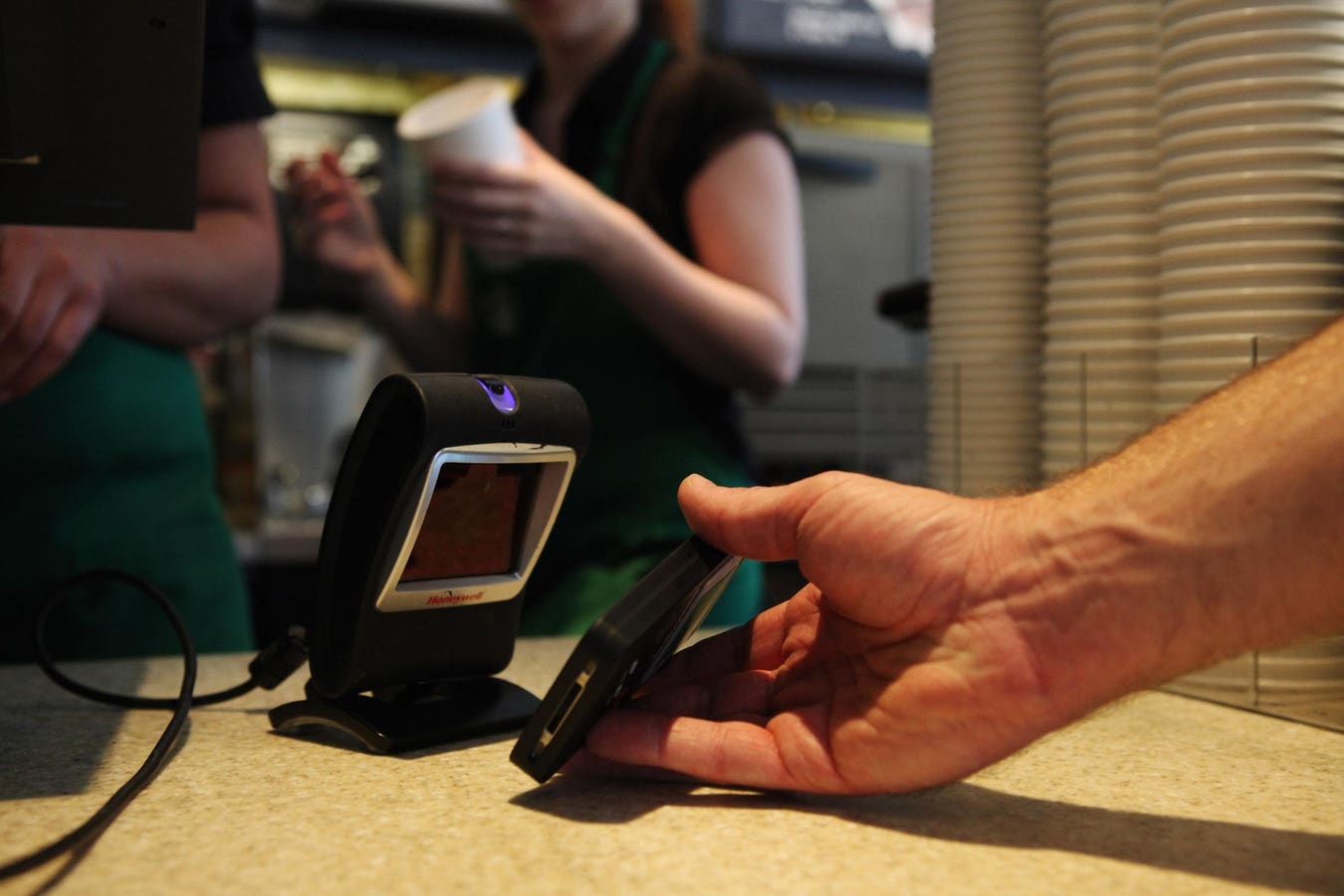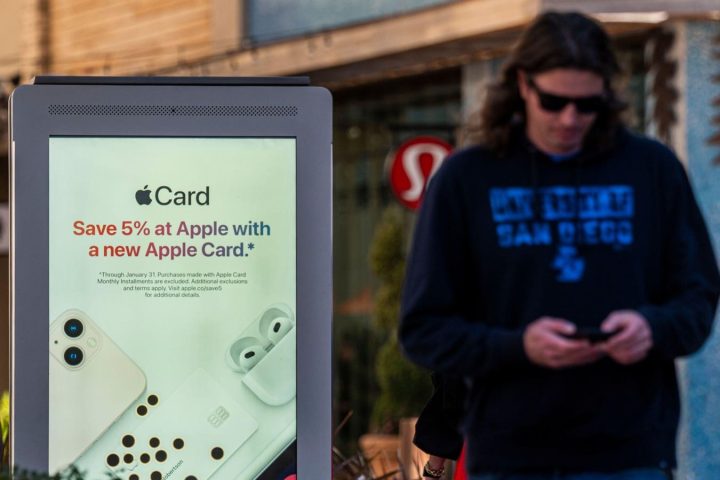Over the past decade, fintechs have brought accessible, user-focused, and cost-effective financial products and services to a broader audience. This is especially true in the retail investment sector, where the pace and depth of innovation have been remarkable. A decade ago, the idea of offering digital, affordable investment platforms and apps to consumers with minimal investment thresholds amounts was a dream. Today fintechs playing in the investment space are on the brink of an Uber
UBER
The Introduction of Invisible Investing
Fintech’s entrance into the retail investment arena has democratized access to products traditionally available only to qualified investors or those with substantial capital. The first wave of investment fintechs introduced a variety of low-cost, digital investment platforms, often with a mobile-first approach, such as e-Toro and Robinhood. However, a significant level of investment knowledge and experience was still necessary. This era also saw the rise of robo-advisors, like Nutmeg, which simplified the investment process by automating portfolio management and maintenance.
The next wave of innovation saw the launch of micro-investing platforms like Plum and Chip. These platforms integrated investment with savings and personal financial management, allowing users to round up transactions to invest spare change into stocks or low-cost ETFs. With the onset of micro-investing, novice retail investors with minimal capital could begin investing with less exposure to complex products, thus removing the volume of complex information and significant knowledge required. The foundation for invisible investing was laid.
The Push for Invisible Investment Continues
Today’s investment fintechs continue down the path of invisible investing through a clever play on customer loyalty. US-based fintech Grifin exemplifies this trend. Unlike traditional round-up investment models, Grifin uniquely invests $1 into the stock of the brand, where each transaction is made, offering invisible investment into everyday spending where customer loyalties lie.
Grifin has created a first-of-its-kind investing technology called Adaptive Investing™ that makes personalized investments based around the individual and their everyday habits. It constantly works to create a uniquely personalized investment portfolio, meaning no two investment accounts will ever be the same. As a fully automated technology, it adapts to users purchases, allowing them to have full control over how much they invest, without needing to time the market or pick and choose stocks.
Aaron Froug, co-founder of Grifin, sheds light on the company’s unique approach. “Money can evoke complex emotions, not always positive. At Grifin, we aim to infuse positivity and intentionality into financial decisions,” Froug explains. The inspiration for Grifin struck him in a relatable moment at a Starbucks. Froug’s sister, commenting on her frequent visits, quipped, “I should own stock in this place.” This simple observation sparked the innovative concept behind Grifin.
Grifin not only simplifies investing but also educates its users. The app includes a 7-day educational onboarding process, offering daily insights into its workings and financial literacy. Initially popular among younger users, particularly women aged 18-24, Grifin has seen a shift in its user base. Now, women in their late 40s and early 50s, including mothers and grandmothers, are finding empowerment and confidence through the app.
Froug envisions a long-term goal for Grifin that transcends financial returns. “We aim to create a positive return on life,” he states. By turning customers into shareholders of the brands they love, Grifin aspires to influence corporate behaviors in a positive way.
The evolution of fintech in retail investment, primarily through the lens of invisible investing, is at a pivotal moment comparable to Uber’s transformation of the ride-hailing industry. Uber revolutionized ride hailing by making the payment process invisible, simplifying and expanding access to taxi services. Similarly, fintechs like Grifin are streamlining the investment process, integrating it seamlessly into everyday life. This shift promises to make retail investing more accessible and engaging for a wider audience. With this evolution, investing is no longer confined to the realm of the financially savvy but is becoming a part of everyday financial decisions for anyone with loyalty to brands and spare change.
Read the full article here







